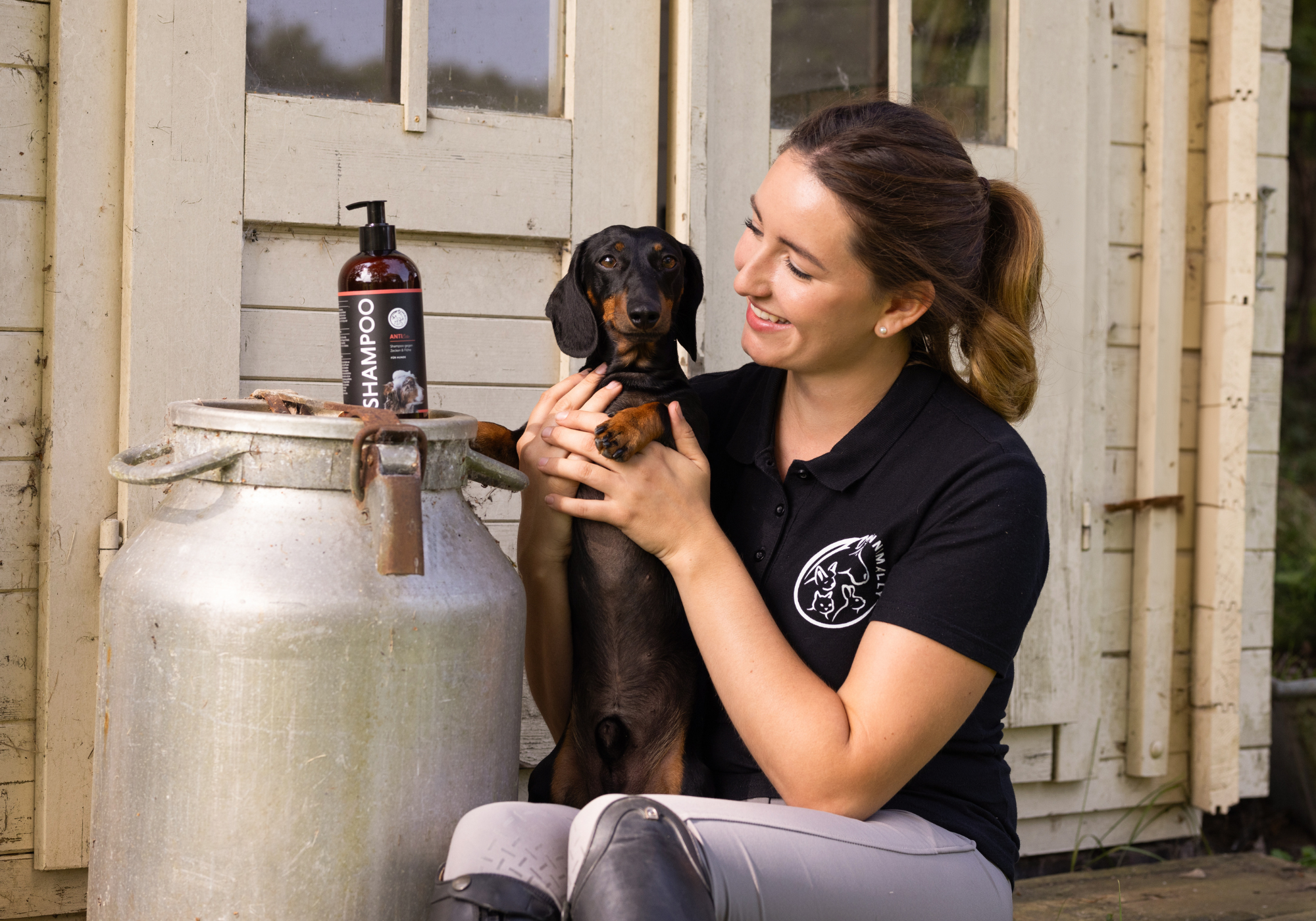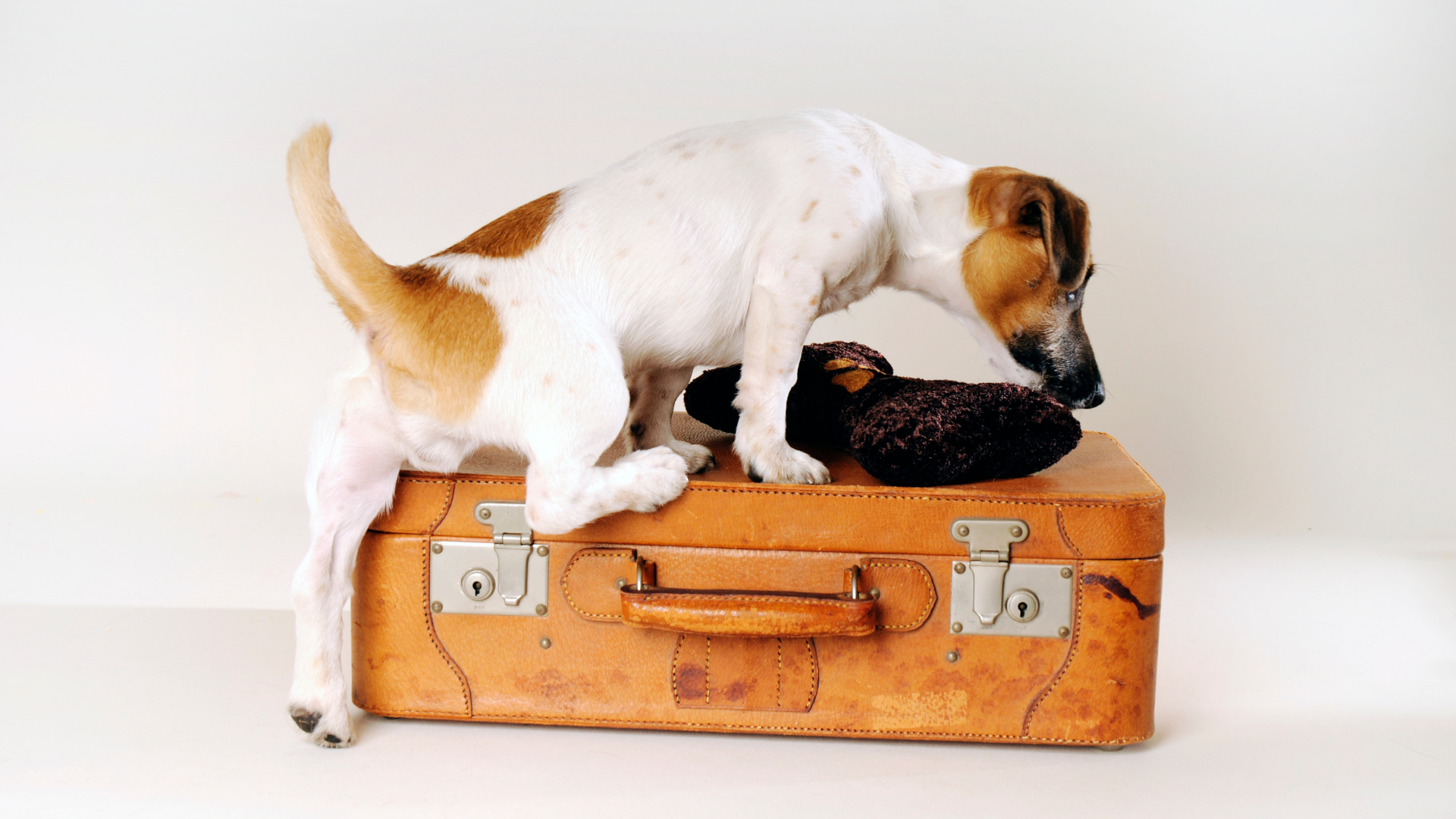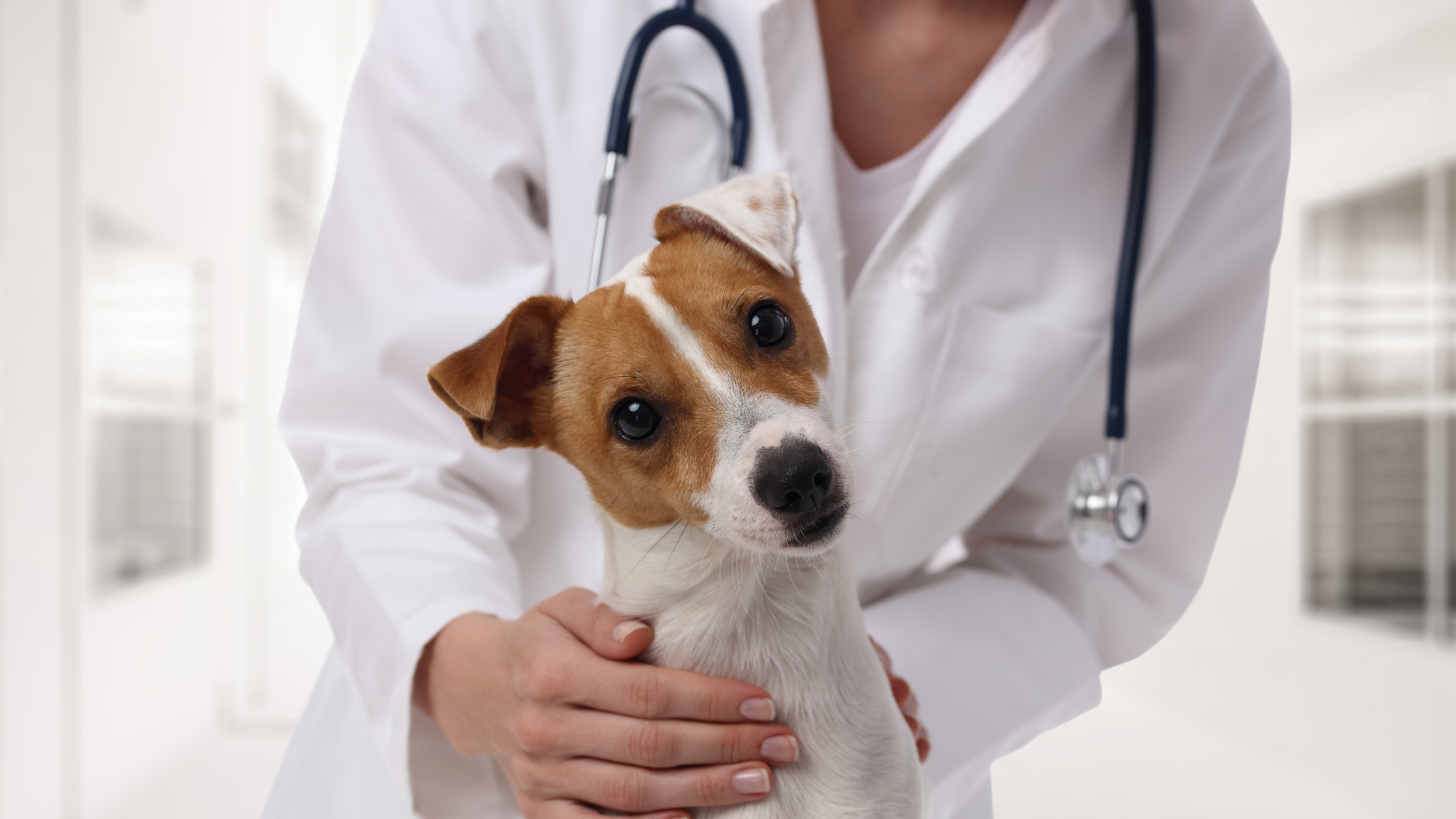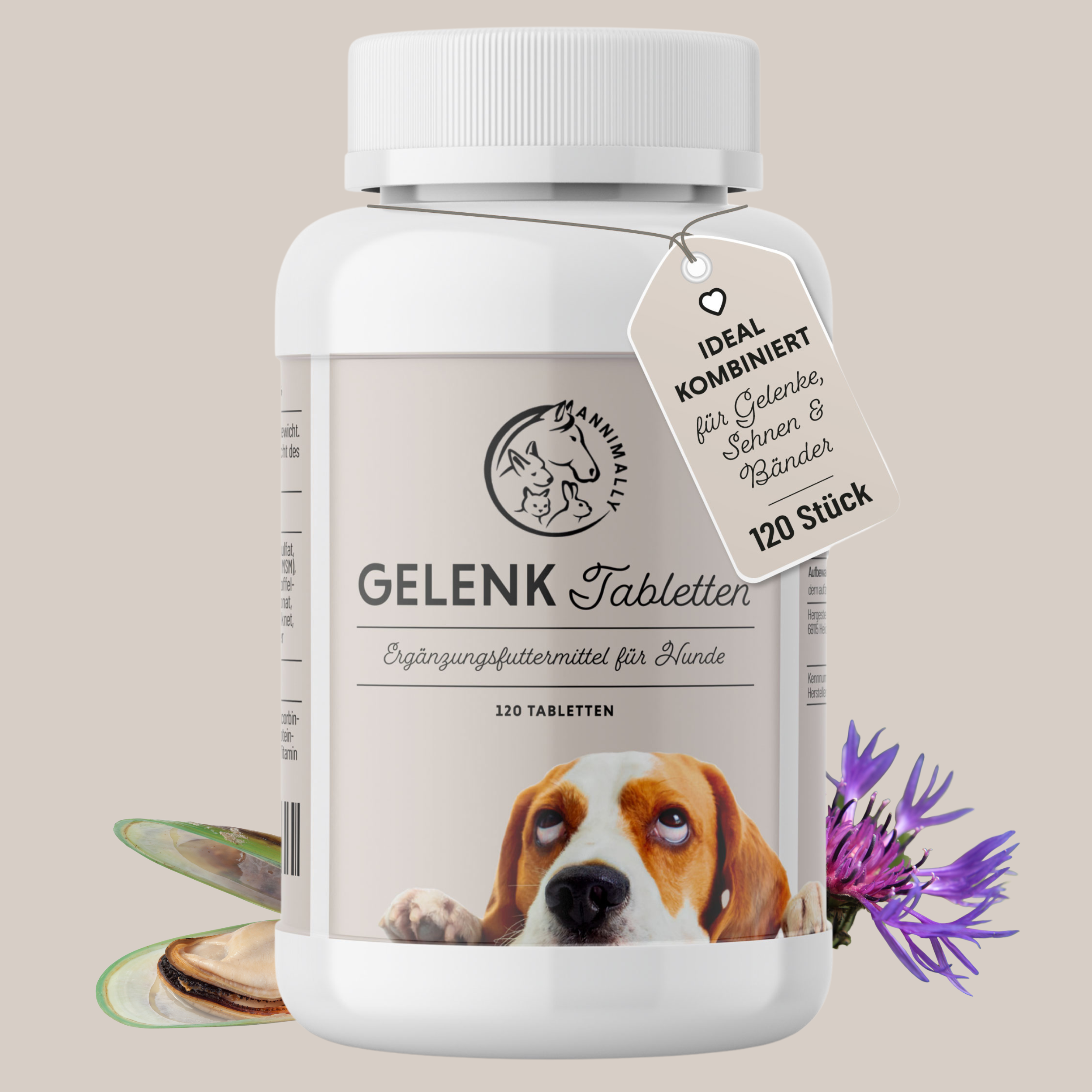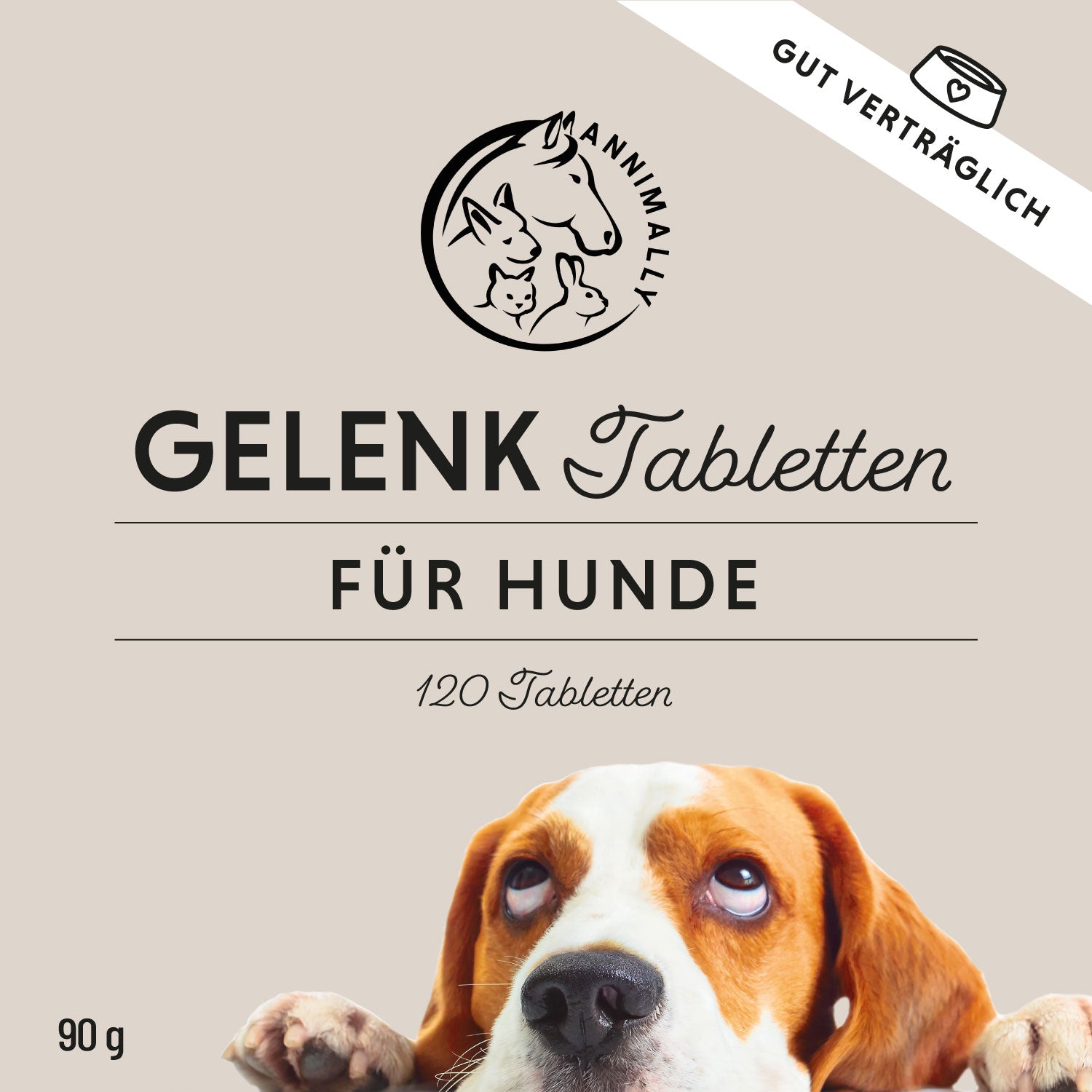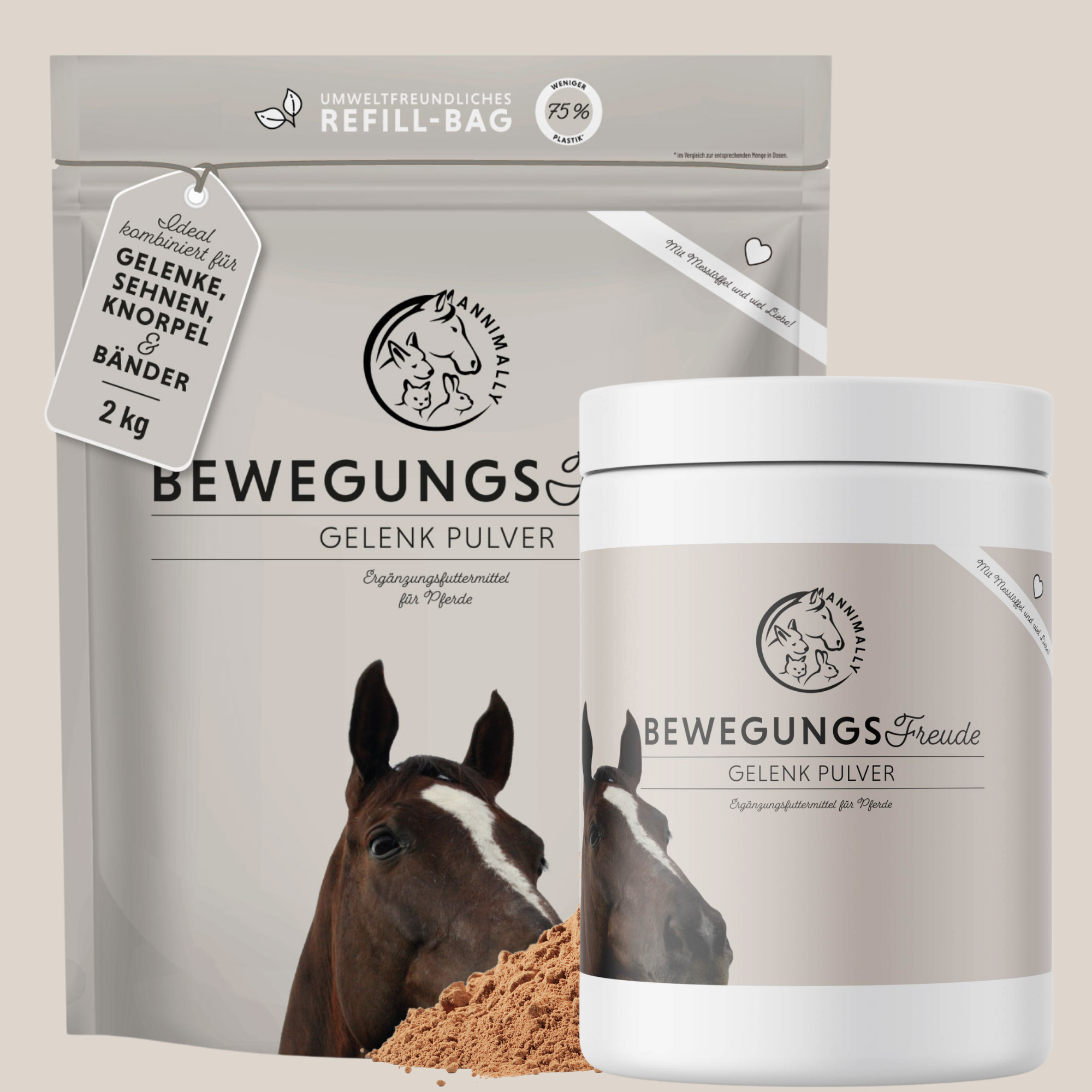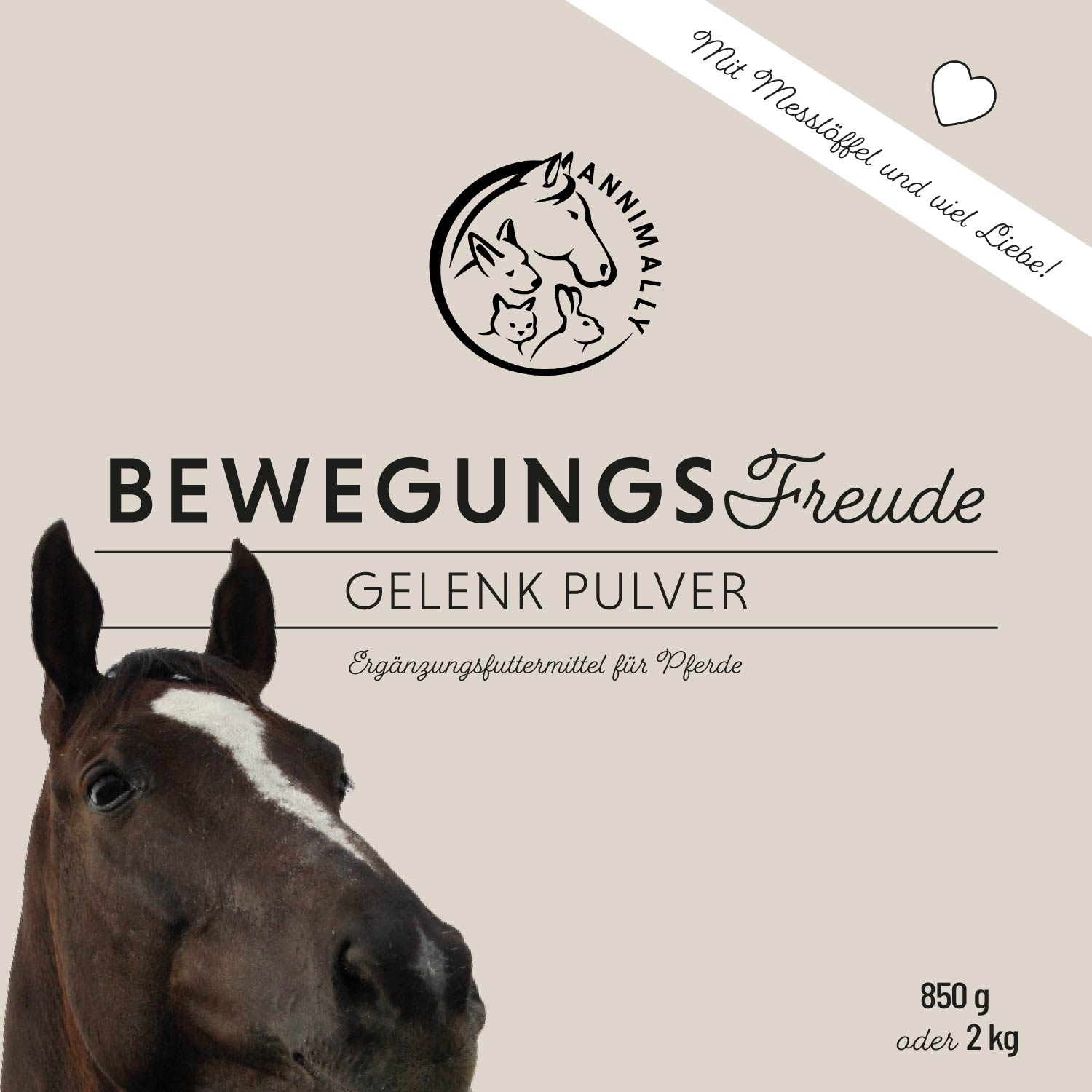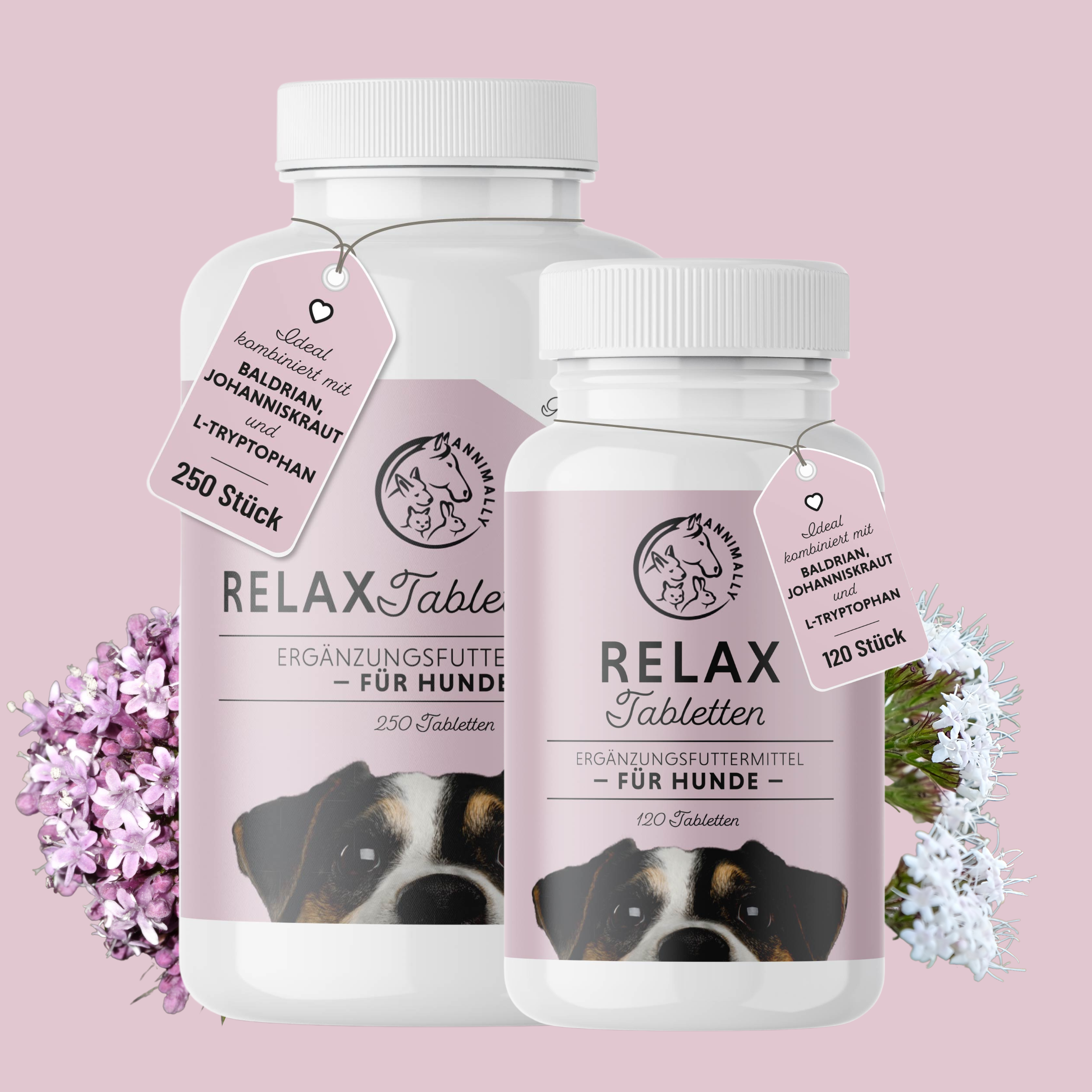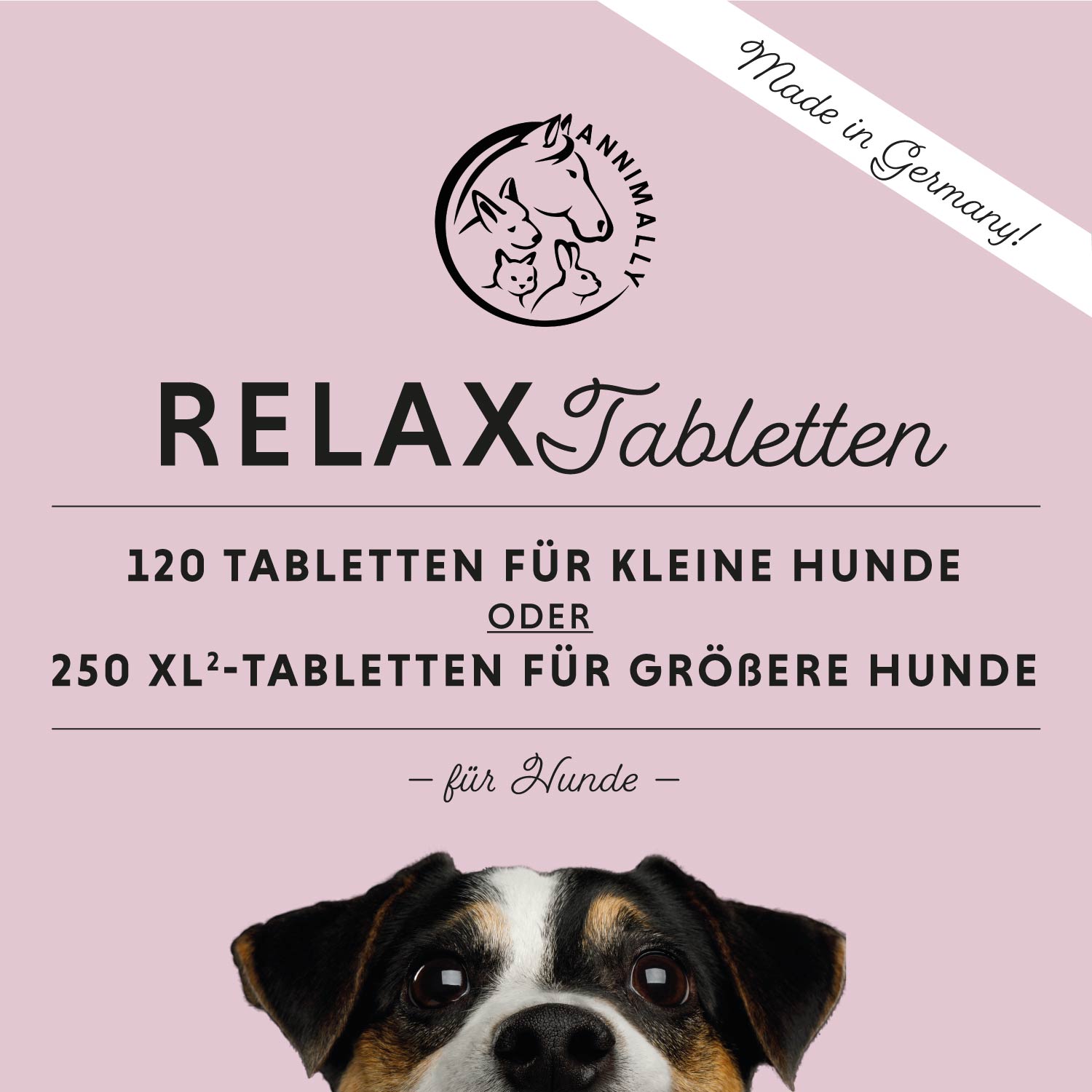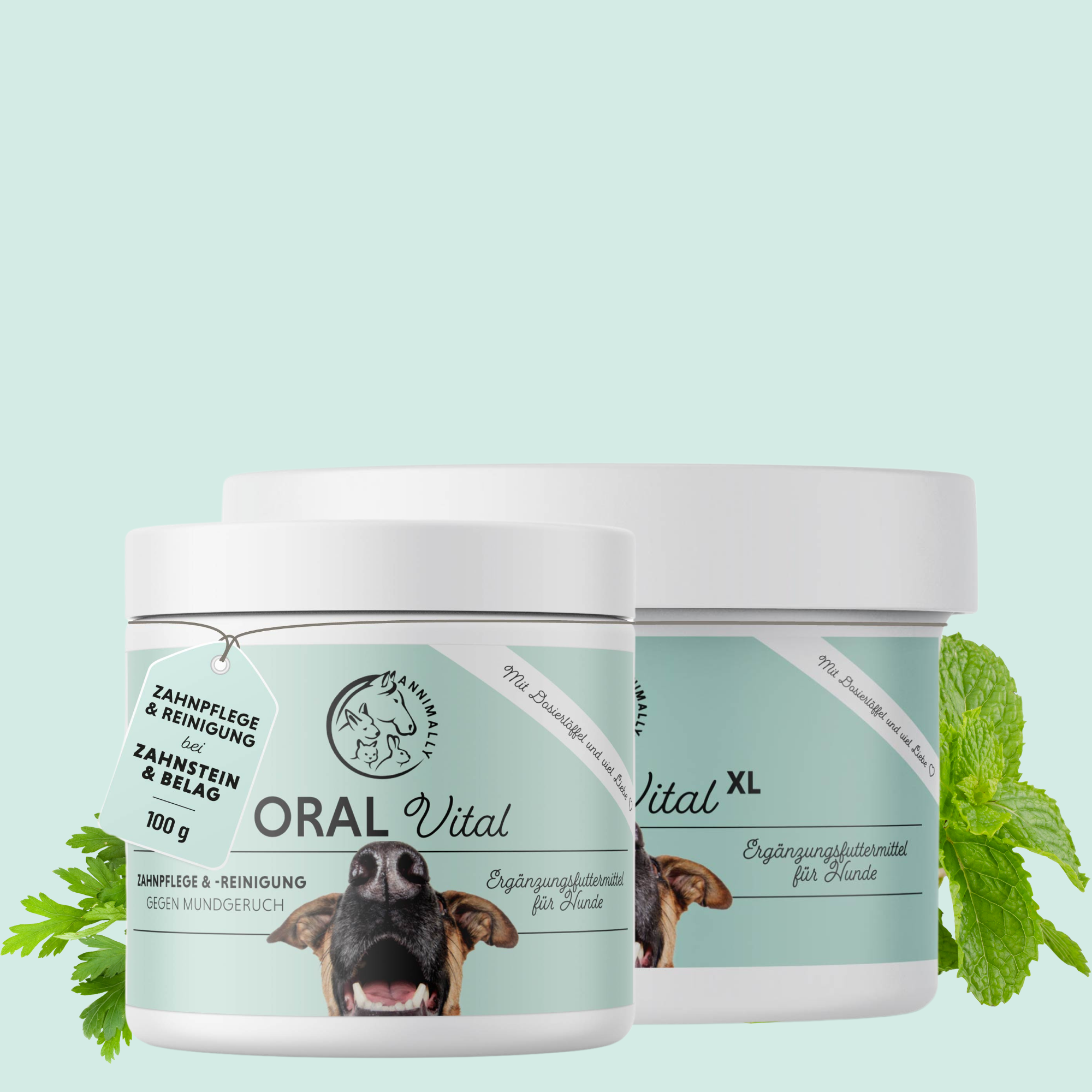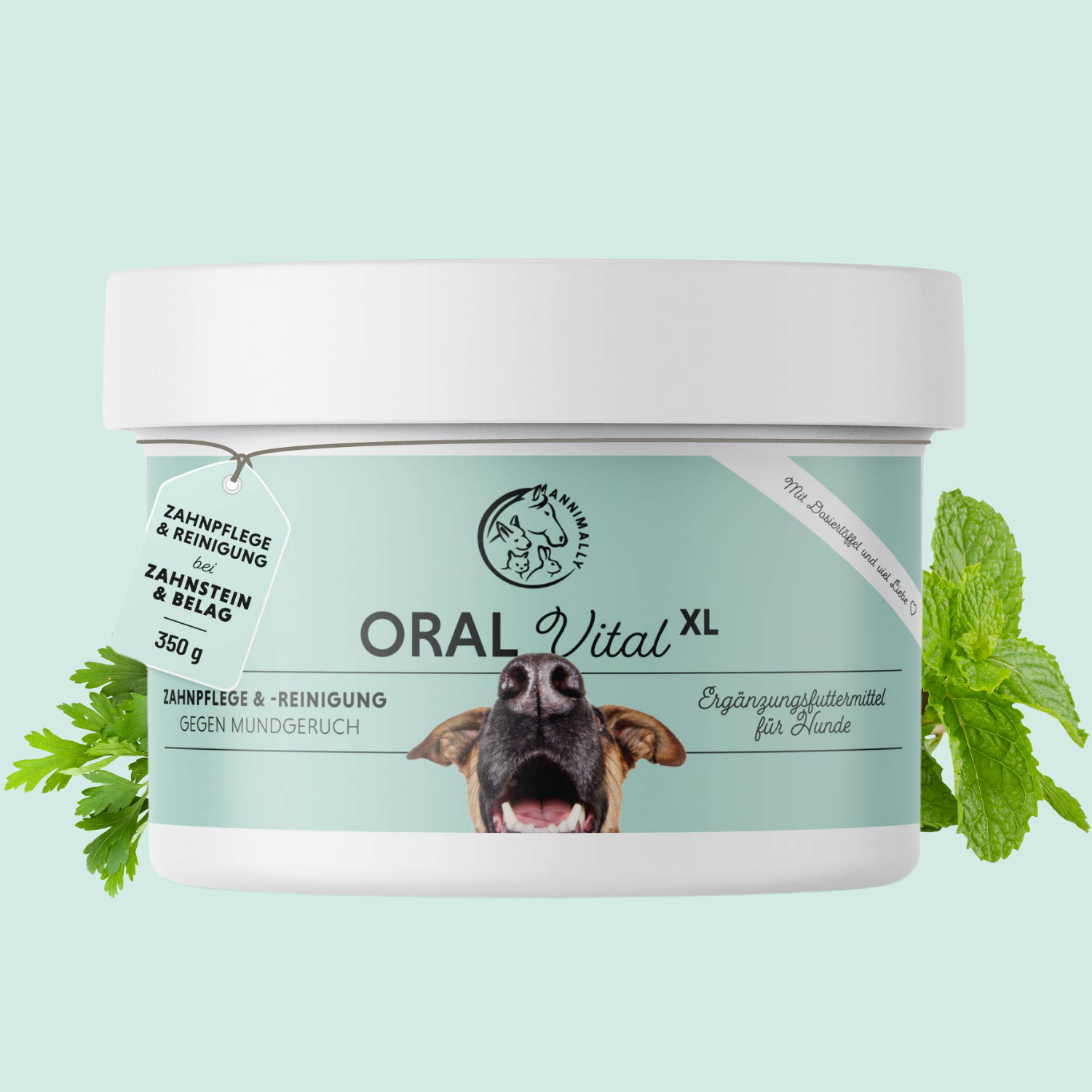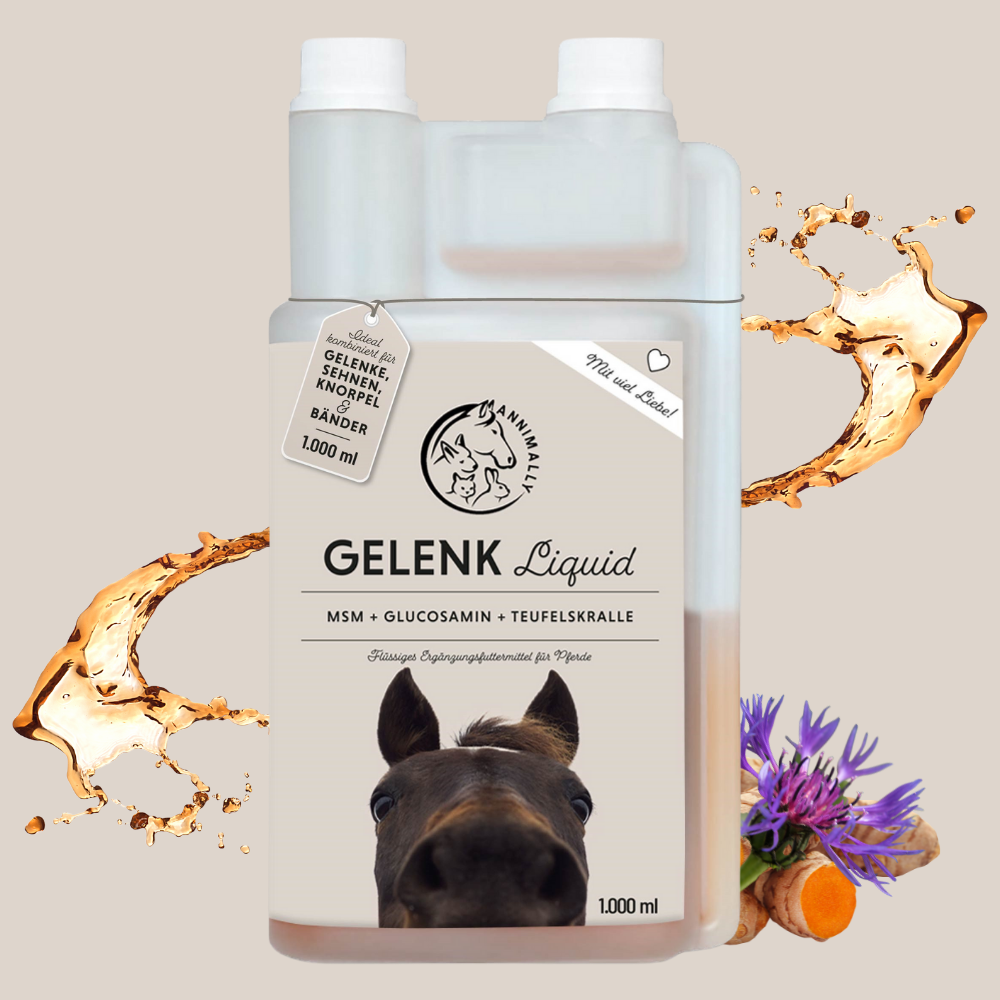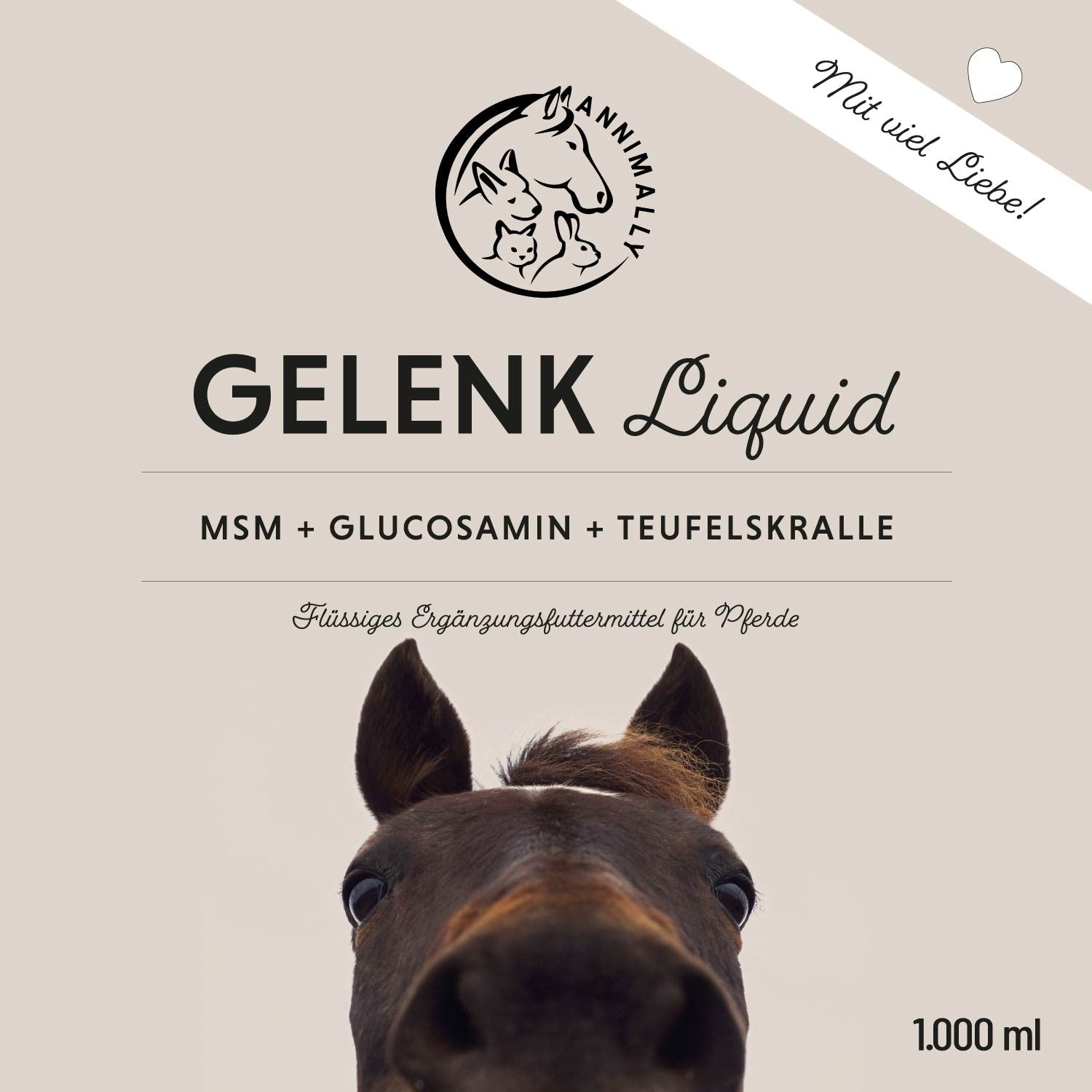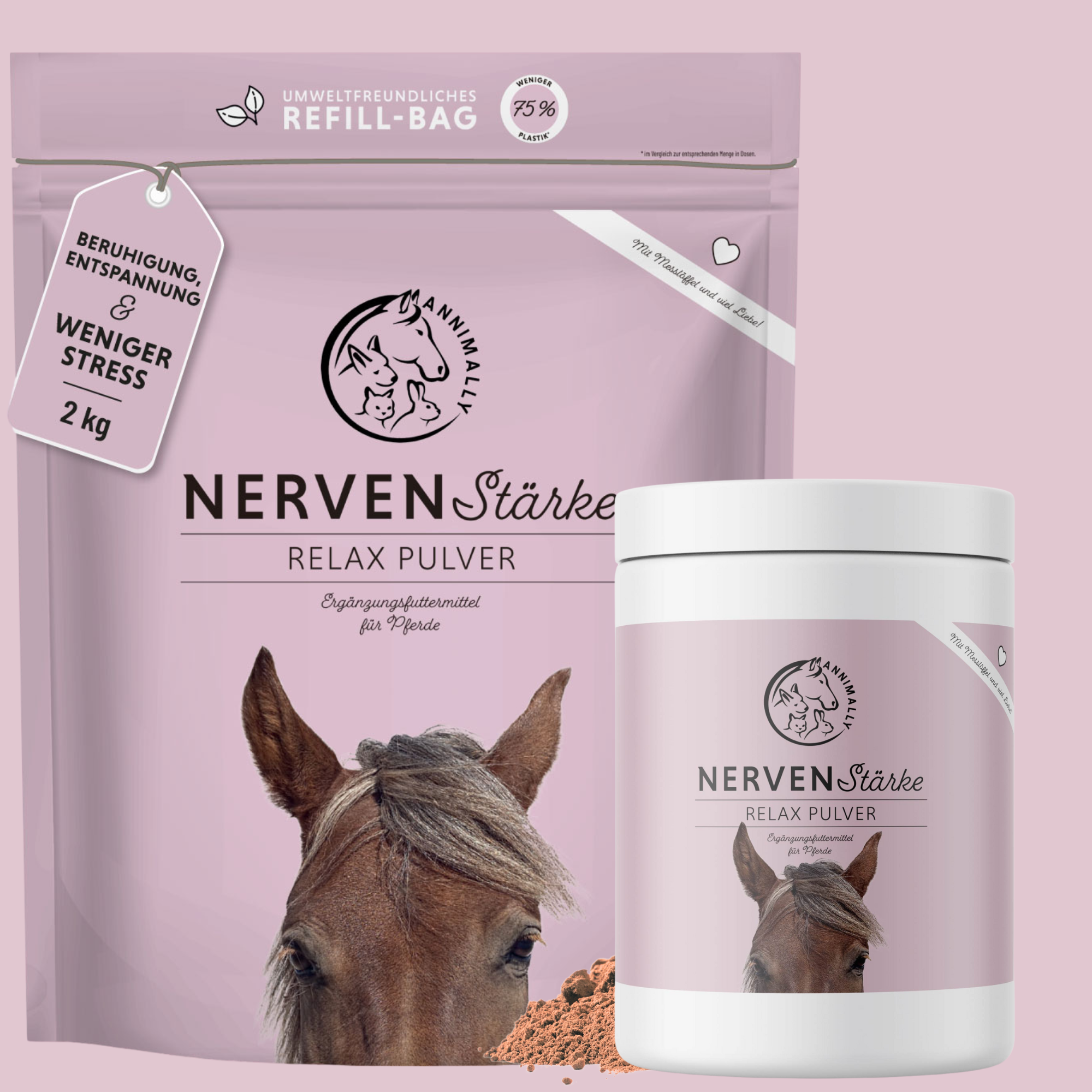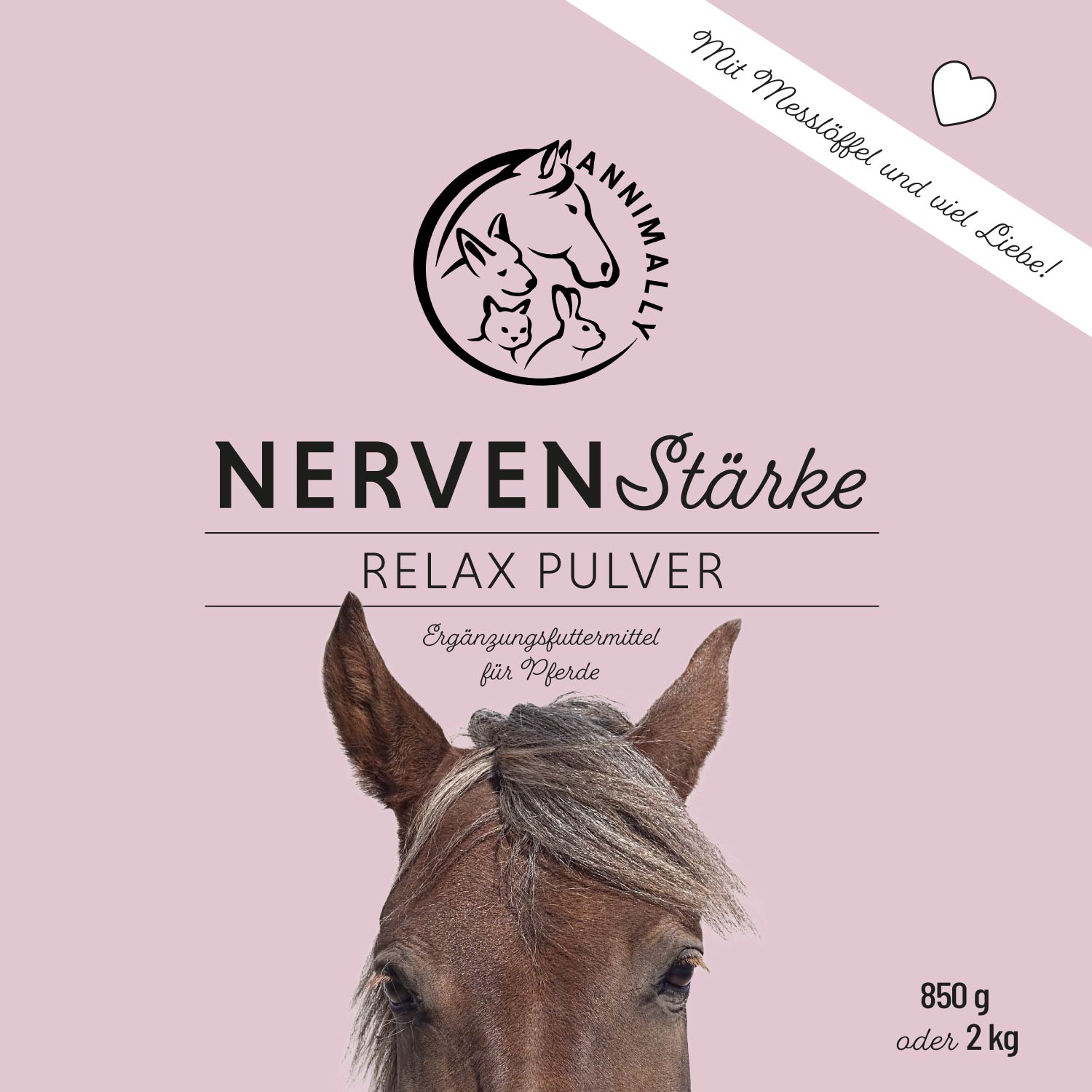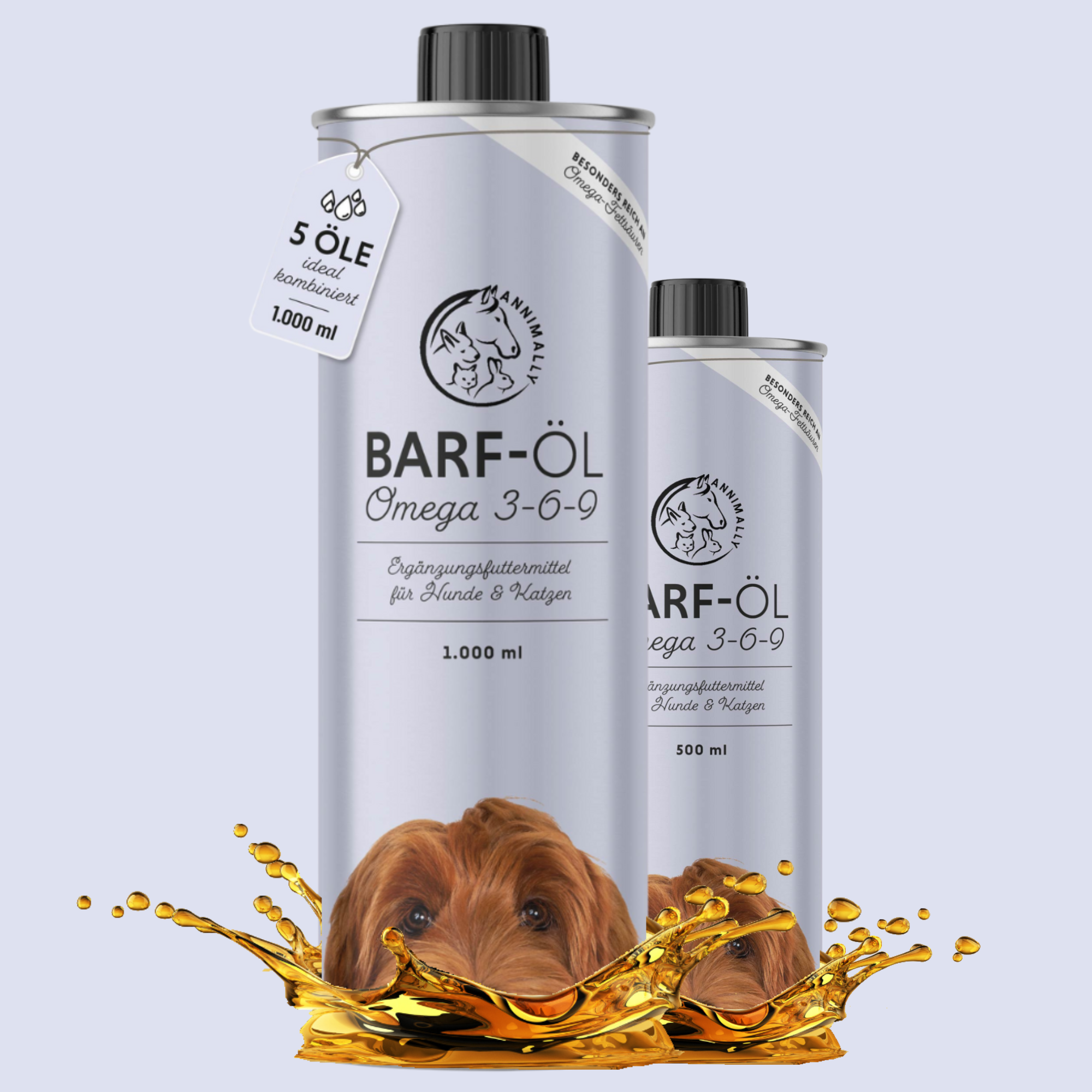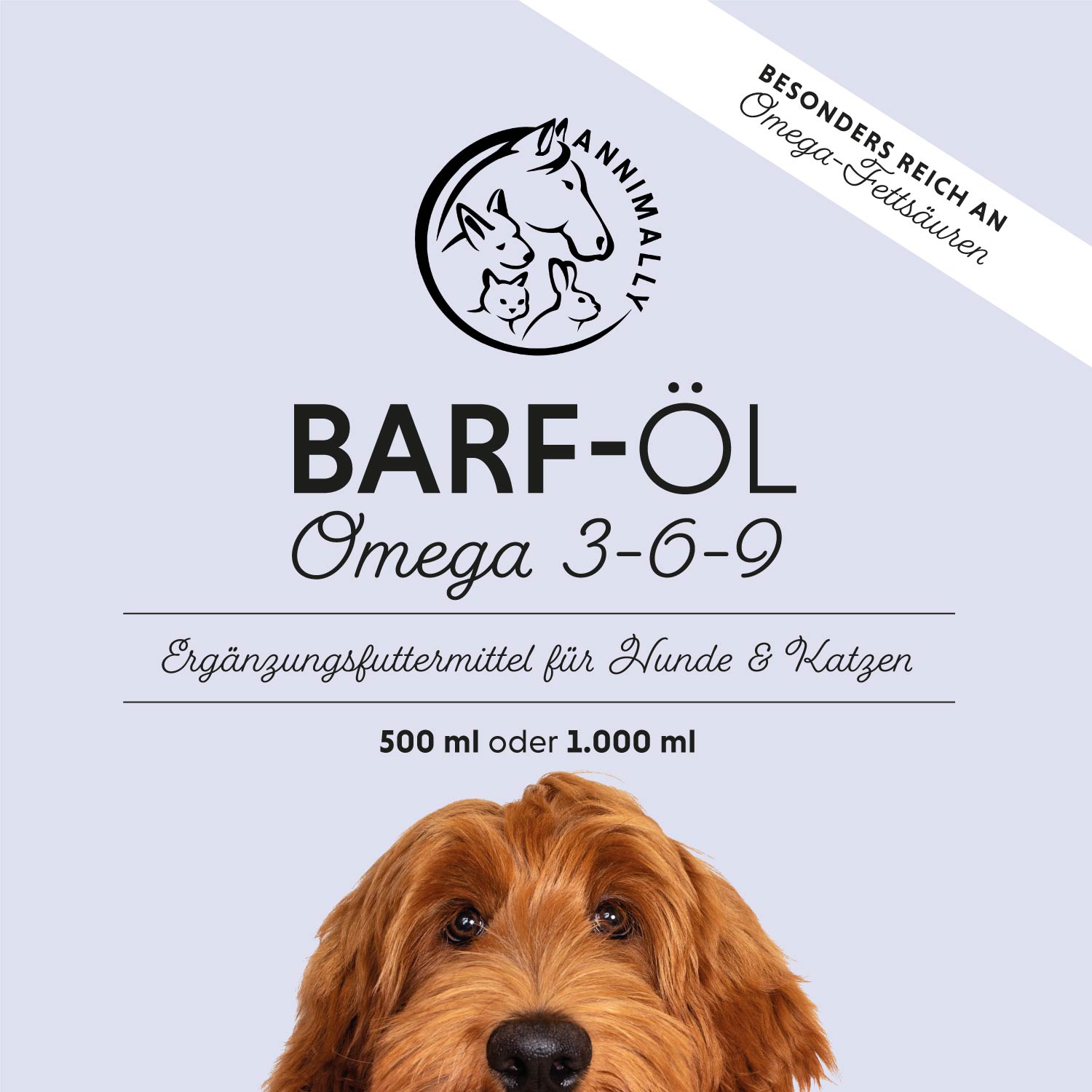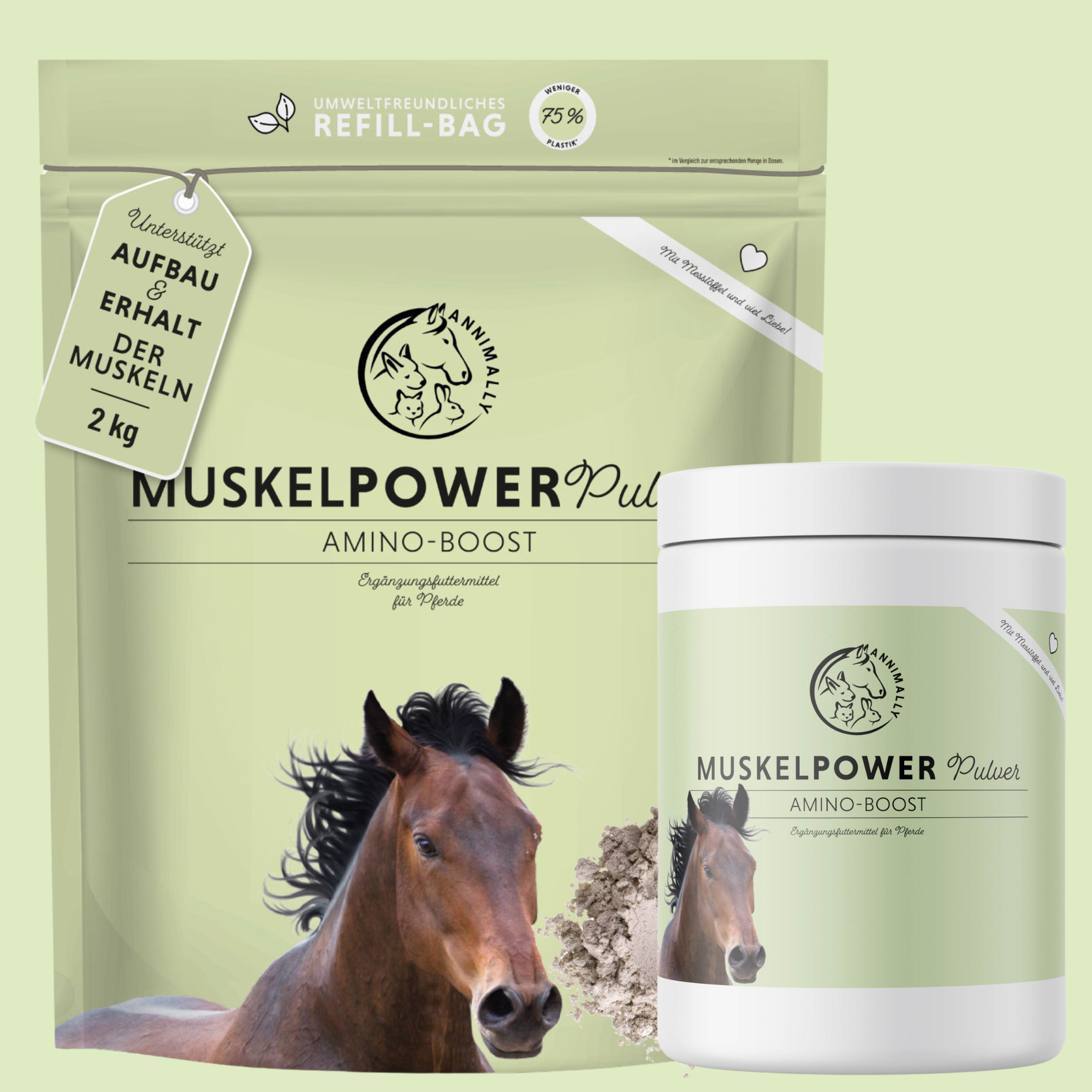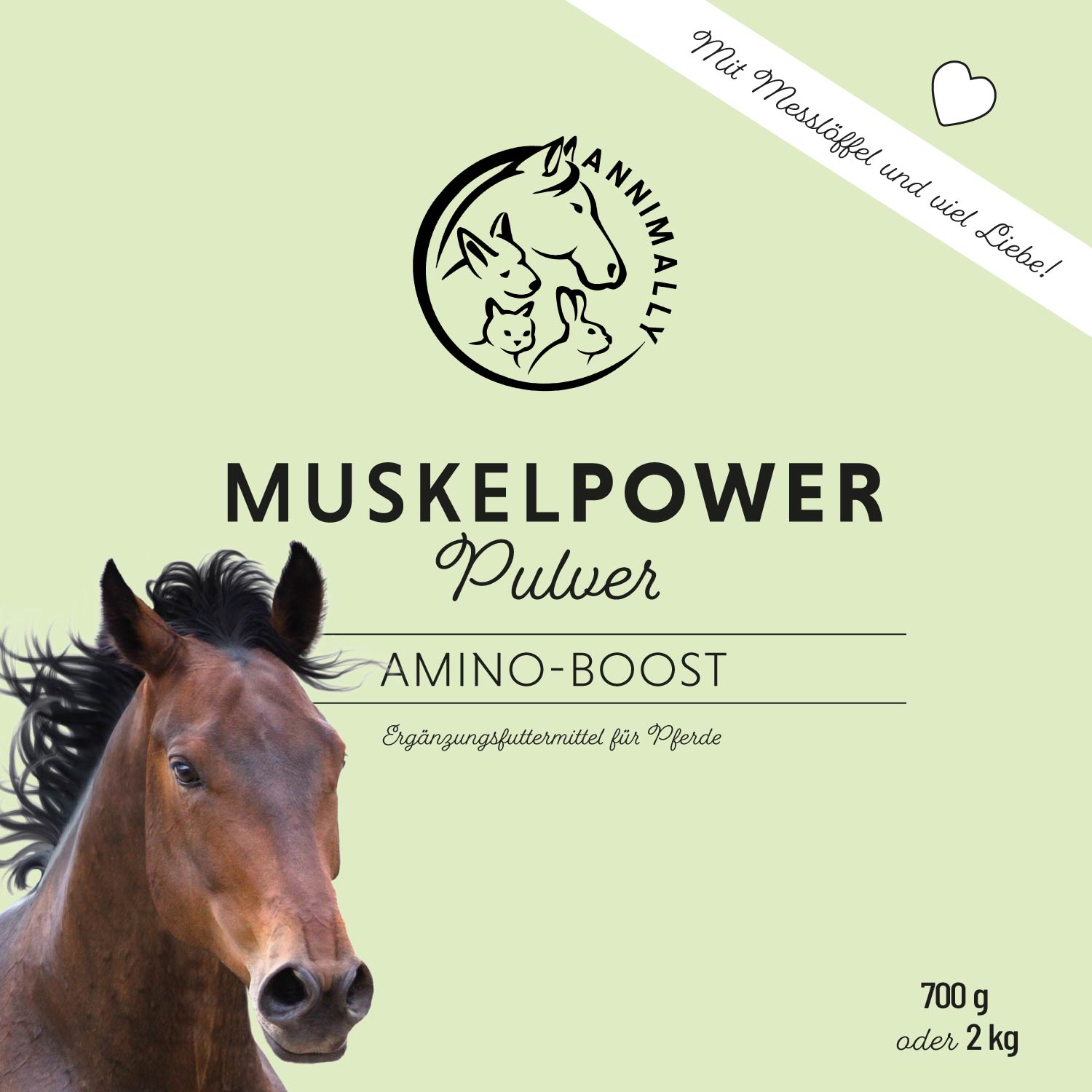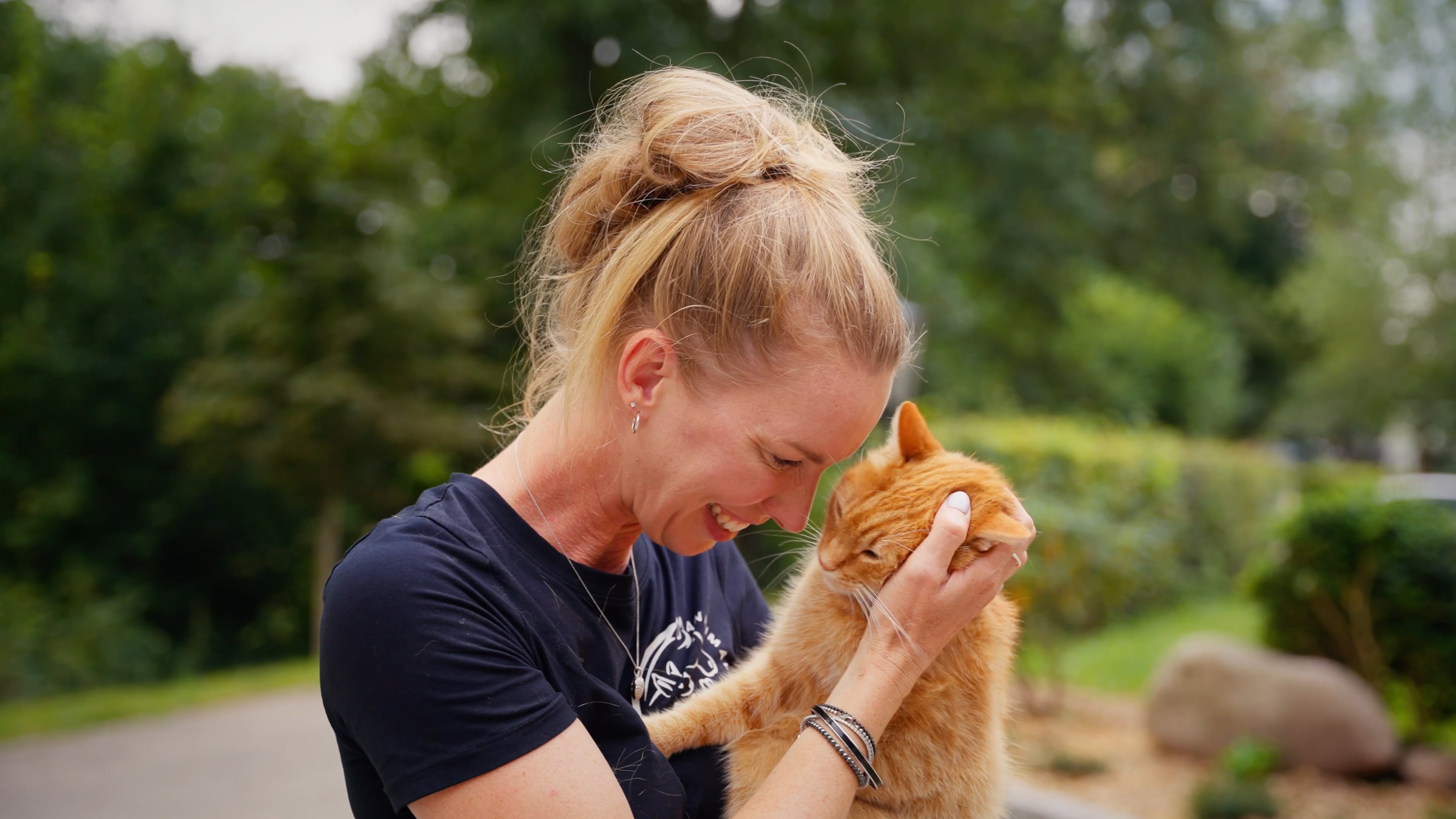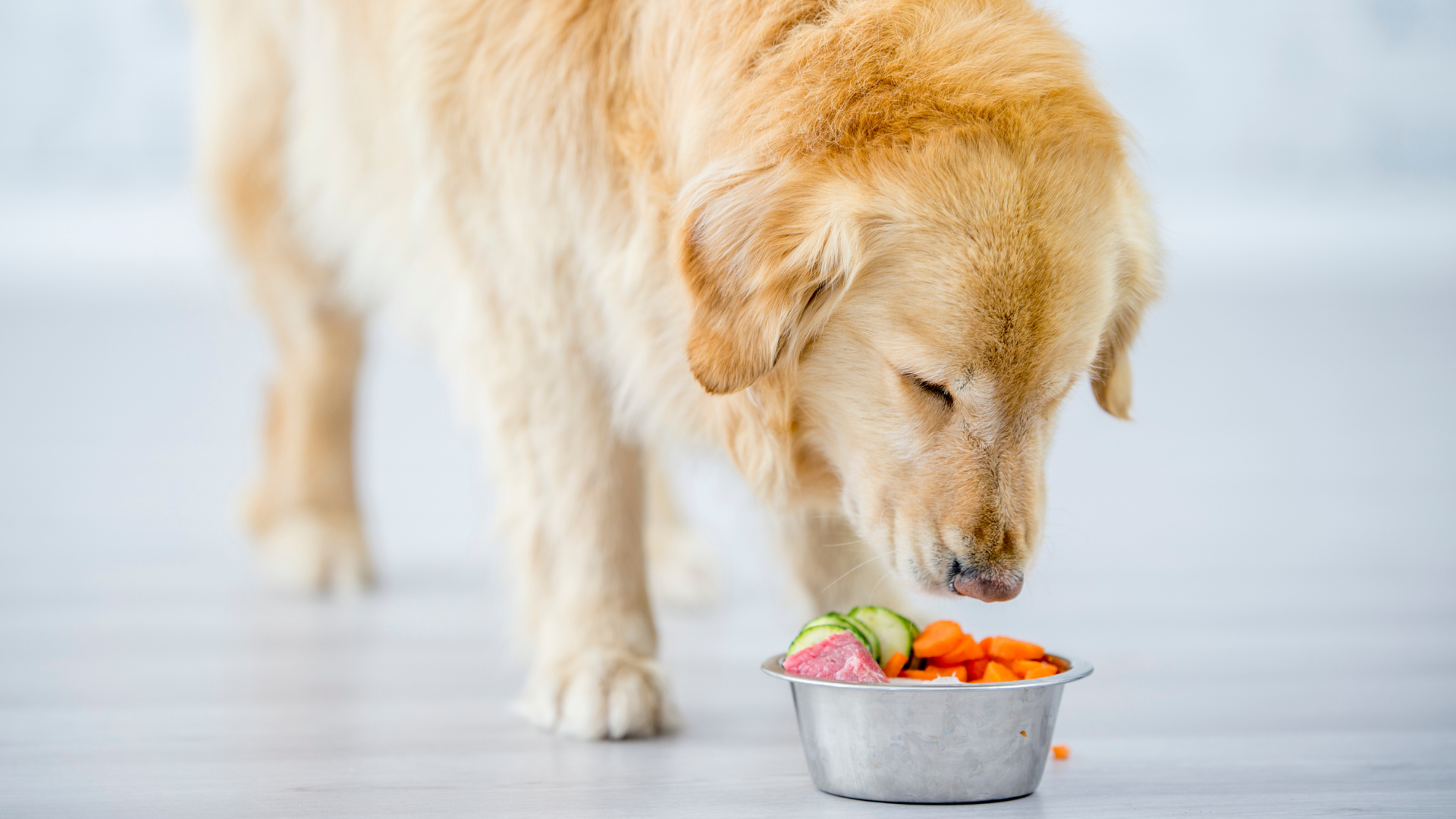
Vitamin deficiency in dogs: effects and how to prevent it
"Only street dogs have a vitamin deficiency!" Unfortunately wrong! In fact, the beloved four-legged friend at home can also suffer from a vitamin deficiency. There are many causes for this. Often allergies and intolerances, diets or similar play a decisive role Of course, only fast food is not always healthy - that applies equally to our furry friends Too many empty carbohydrates and flavor enhancers are somehow "tasty" but not nutritious.
Even a supposedly normal, healthy diet leads to a poor supply of vitamins in some dogs. This is not necessarily due to the food itself. As with us humans, not every dog is the same. Some dogs simply process their food differently than others and this can then lead to an undersupply. And then there is age, which can be a reason for a vitamin deficiency: digestion becomes sluggish and food processing becomes sluggish.
Recognizing a vitamin deficiency in the dog: "I don't feel good, mistress"

Sometimes it would be so nice if Bello, Linchen and Co. could just talk to us. But since that is not possible, you are in demand as a dog owner. If you keep a close eye on your dog, you will quickly notice when something is wrong. A lack of vitamins and trace elements can often be seen in the coat and skin. Does your loved one's skin flake? Is the fur less shiny or thinner? This can e.g. B. due to an iron deficiency or too little vitamin B. The mood also reveals a lot about the well-being of your dog. Many a four-legged friend is completely unnerved, looks exhausted, doesn't feel like going for a walk or playing anymore. Still others have little appetite, but at the same time they excrete heaps of considerable size. And then there are the dogs, who tend to be very restless due to malnutrition, hardly sleep, etc. Cloudy eyes, coordination disorders, a tendency to parasite infestation or an overproduction of earwax are also common deficiency symptoms. But: All these signs can indicate malnutrition, but do not have to. So if you observe any symptoms in your dog, the first visit is always to the veterinarian.
Which vitamin can do what?

Each vitamin has its role in your dog's body. If it is missing, this can lead to problems. Vitamin A is responsible for bone growth, vision, skin, mucous membranes and the immune system in general. Vitamin D is also important for skin and bones. But the teeth and mind also benefit from a sufficient supply. Adequate vitamin D supply is particularly important for pregnant bitches. Vitamin E affects agility and fitness, prevents heart disease and problems with the musculoskeletal system. Vitamin K is used for good blood clotting and ensures healthy bone formation. Vitamin B is essential for strong nerves and a strong coat. Do you have a "faeces snacker" at home? Then that can be the first sign of a B vitamin deficiency! Some dogs try to replenish their depots with the help of this unappetizing quirk.
This is how you can prevent a vitamin deficiency in your dog
First of all, you should rely on a high-quality feed. Pay close attention to the composition of dry or wet food. If you feed your dog or cook for him yourself, then going to a nutritionist makes sense. He or she will help you to adjust your dog in the best possible way so that a vitamin deficiency does not occur in the first place. Especially with home-cooked food or the B.A.R.F. it depends Supply of high-quality additives at. Just meat, vegetables and fruit plus a little oil is not enough. To ensure that your dog stays healthy in the long term, a nutritionist will recommend nutritional supplements for your dog.
Is it cold and dark outside? Has your dog been ill for a while? Has he gone through a stressful phase (e.g. a change of environment)? Then it can make sense to give your dog a short-term boost of vitamin cures. We offer many high-quality vitamin supplements and trace elements. It's best to browse through ours right away Shop!

